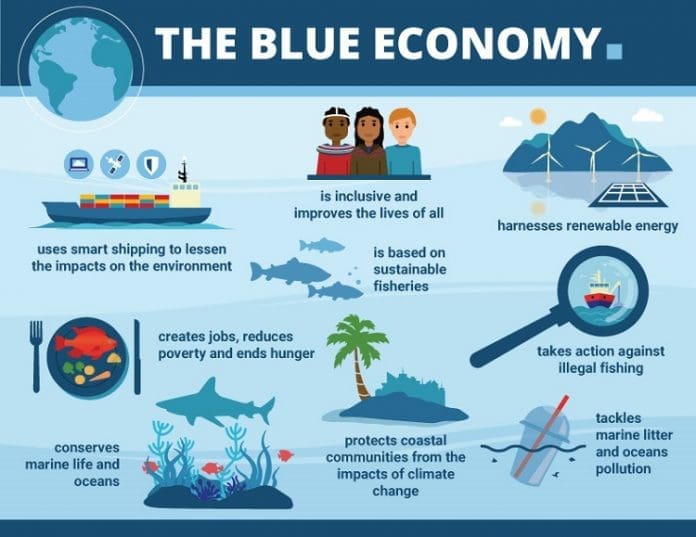Ghana is establishing a Blue Economy Commission to harness its 550-kilometer coastline’s potential, joining global efforts to capitalize on ocean resources.
The initiative targets sustainable development in fisheries, shipping, coastal tourism, and emerging sectors like marine biotechnology. But experts warn: without deliberate inclusion, coastal communities risk being left behind.
For fishing families from Jamestown to Elmina and Axim, the sea is both livelihood and lifeblood. Many already grapple with crashing fish stocks, industrial trawlers, and climate change impacts. Market women and artisanal fishers fear new ocean industries could displace them unless policies guarantee access to credit, modern storage, and fair markets.
“If the Blue Economy only enriches powerful companies, it fails those who need it most,” argued one development specialist. The government insists inclusivity anchors its plan. Preliminary frameworks suggest the commission will prioritize community-centered tourism, youth training, and incentives for local marine businesses alongside sustainable fisheries management.
Economists project billions in GDP growth and thousands of jobs if executed well. But the real test lies in governance. Will this become another frontier for elite profit, or a model of shared prosperity? As one activist put it: “Our grandmothers dried fish here before corporations existed. Their wisdom must shape this future.”
Source: newsghana.com.gh











